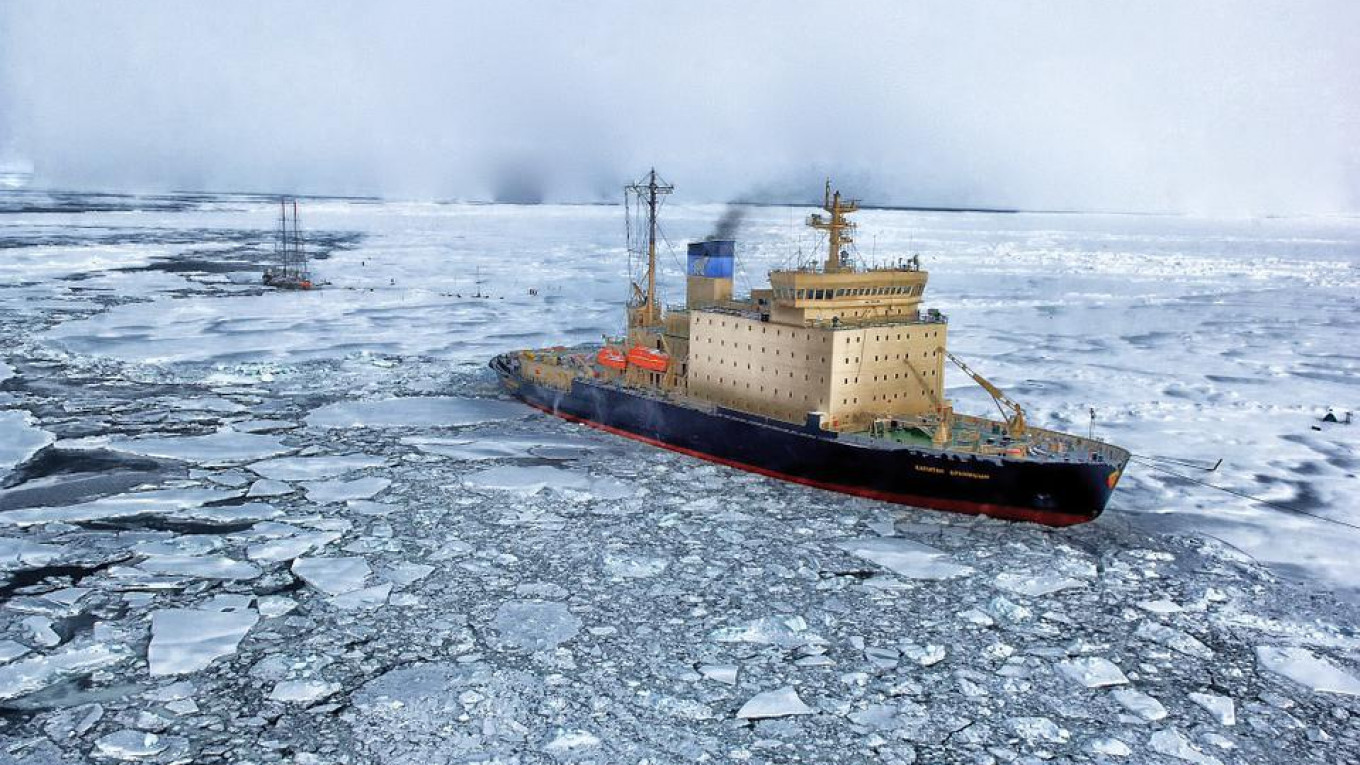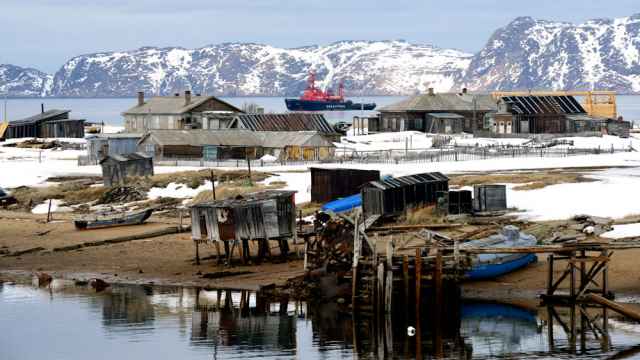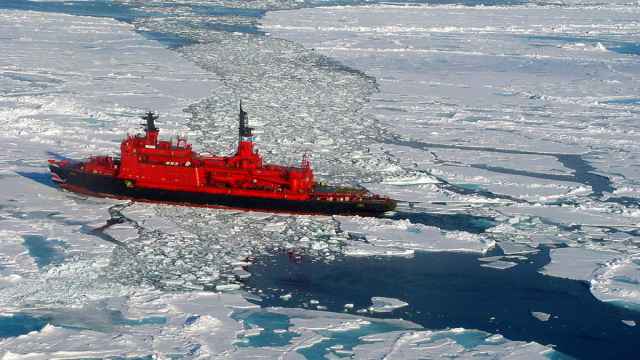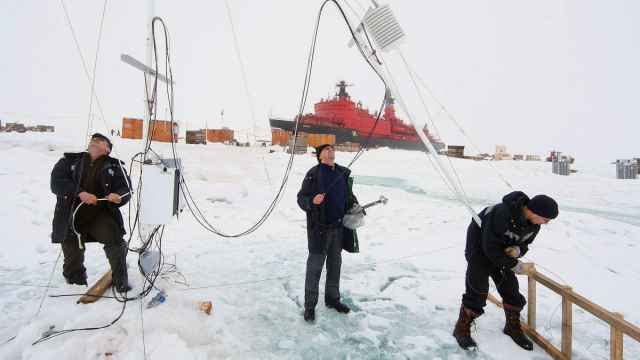Russia is hoping to lure more people to live in the Arctic with promises of payouts and infrastructure development in the environmentally vulnerable territory, according to its 15-year strategy published Thursday.
The Kremlin document on the “foundations of state policy in the Arctic to 2035”, signed by President Vladimir Putin, set out its policy plans for the energy rich region.
Russia’s main goals are increasing the local population’s quality of life and accelerating economic development, with better infrastructure and technology to help “settle the Arctic.”
Economic measures include boosting private investment in key energy projects on the Arctic shelf, and paying Russians who want to relocate to the north.
Moscow is planning to develop huge new energy projects in its remote Arctic areas, creating tens of thousands of jobs and using the Northern Sea Route to export oil and gas to overseas markets as it becomes increasingly free of ice.
But with vast regions within the Arctic circle, where infrastructure has been tailored to the permafrost, Russia is one of the most vulnerable countries to global warming and has seen serious flooding and ferocious forest fires.
The 15-year plans include the development of scientific and engineering solutions to “prevent infrastructure damage from global climate change” which occurs more rapidly in northern latitudes.
The document also outlined plans for an underwater fiber-optic communication cable along the Northern Sea Route.
New border crossings will be built in Arctic areas to encourage cooperation with Russia’s neighbors in the region, while border service will be equipped with modern ice-class aircraft carriers, it says.
Also on Thursday, Russian lawmakers backed in a key second reading amendments to the country’s legislation that would give tax incentives to investors in Arctic energy projects.
The Arctic has historically been a depressed part of the country, with unemployment and poverty higher than average, contributing to a net decrease of the population over the past two decades.
A Message from The Moscow Times:
Dear readers,
We are facing unprecedented challenges. Russia's Prosecutor General's Office has designated The Moscow Times as an "undesirable" organization, criminalizing our work and putting our staff at risk of prosecution. This follows our earlier unjust labeling as a "foreign agent."
These actions are direct attempts to silence independent journalism in Russia. The authorities claim our work "discredits the decisions of the Russian leadership." We see things differently: we strive to provide accurate, unbiased reporting on Russia.
We, the journalists of The Moscow Times, refuse to be silenced. But to continue our work, we need your help.
Your support, no matter how small, makes a world of difference. If you can, please support us monthly starting from just $2. It's quick to set up, and every contribution makes a significant impact.
By supporting The Moscow Times, you're defending open, independent journalism in the face of repression. Thank you for standing with us.
Remind me later.






